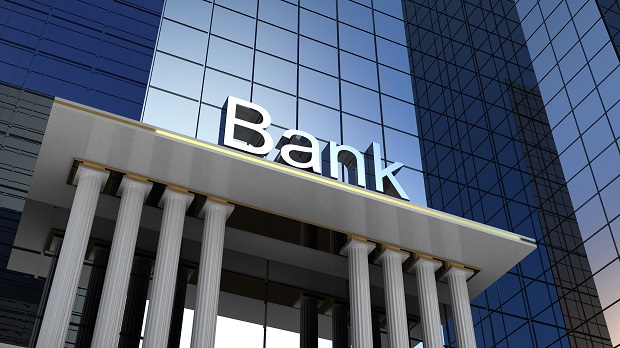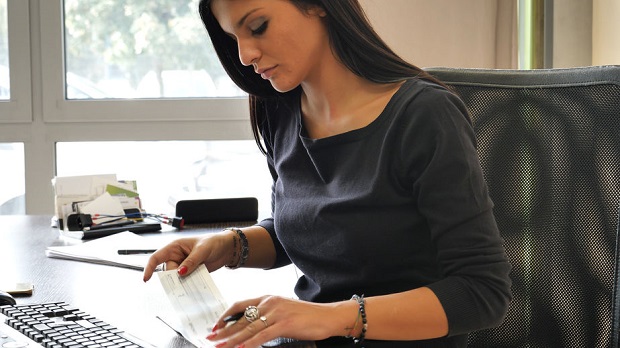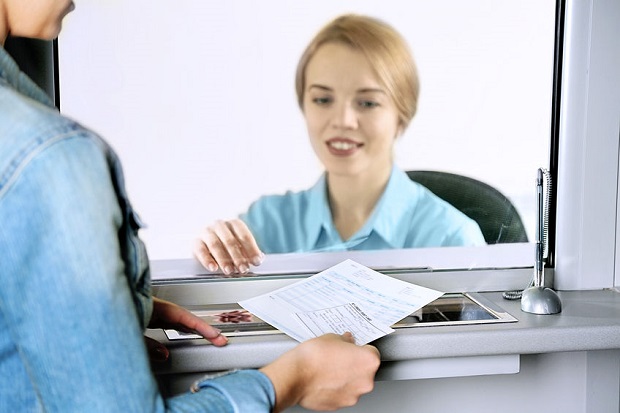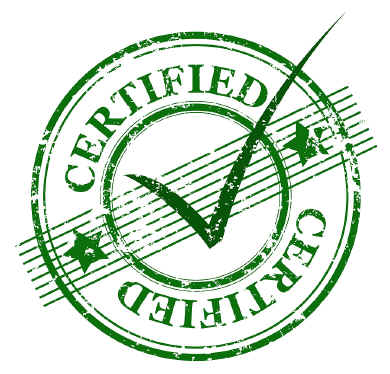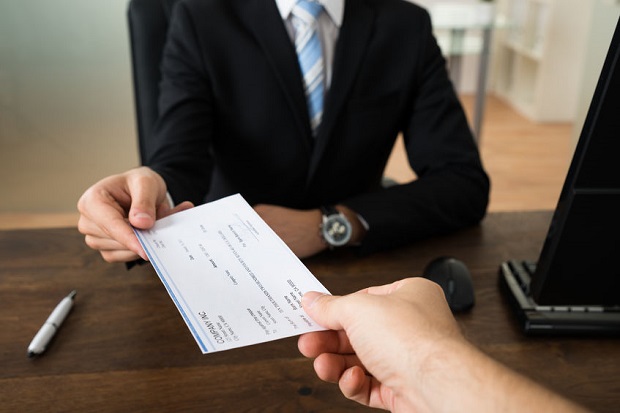
What Is a Cashier’s Check?
A cashier’s check is a form of payment that is purchased upfront rather than drawn on a bank account. The funds are then disbursed directly from the bank.
Key Points
- In the case of cashier’s checks, the purchaser remits payment upfront to the issuing bank that will hold the funds until drawn upon. This essentially makes the bank the middleman guarantying the funds will be available.
- Banks, savings and loans, and credit unions sell legitimate cashier’s checks.
- Never purchase discounted cashier’s checks.
In This Article
Where to Obtain Valid Cashier’s Checks
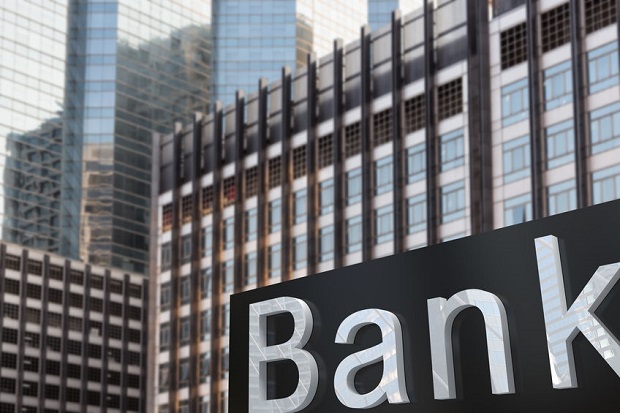
A cashier’s check is a valid alternative to cash, money orders, and personal checks and can be as convenient or financially dangerous. The number of counterfeit cashier’s checks is escalating, and discretion in accepting and cashing them is prudent. However, a cashier’s check can be a worthy form of remittance with reasonable precautions.
Cashier’s checks are also known as teller, bank, and treasury checks, to name a few. As the synonyms imply, banks, savings and loans, and credit unions sell legitimate cashier’s checks.
Because of the exorbitant rise in forgeries, law enforcement and the US Department of the Treasury strongly advise purchasing them only from the above institutions. Never purchase a cashier’s check from any other person or business, even if a prior association exists. If you are offered the purchase of a cashier’s check, often at a “discounted” rate, by another source, contact local law enforcement or the nearest branch of the Secret Service-Counterfeit Unit.
How to Obtain Cashier’s Checks
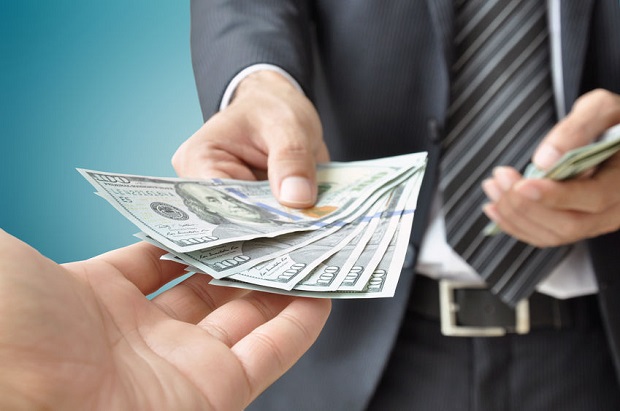
Unlike personal checks, a cashier’s check funds are not debited from an account upon remittance demand. They are guaranteed payment vouchers because the purchaser pays the money upfront, not later, when presented as a personal check.
Most financial institutions require cash or a valid credit or debit card. If the purchaser has an account with the bank, the bank can opt immediately to withdraw funds from that account instead of taking cash. Most institutions charge a fee for purchase; the amount or frequency differs from institution to institution.
The receipt or duplicate copy attached to a cashier’s check allows the recording of check information. Keep the receipt stub or copy to enable tracking if necessary.
Drawbacks and Dangers
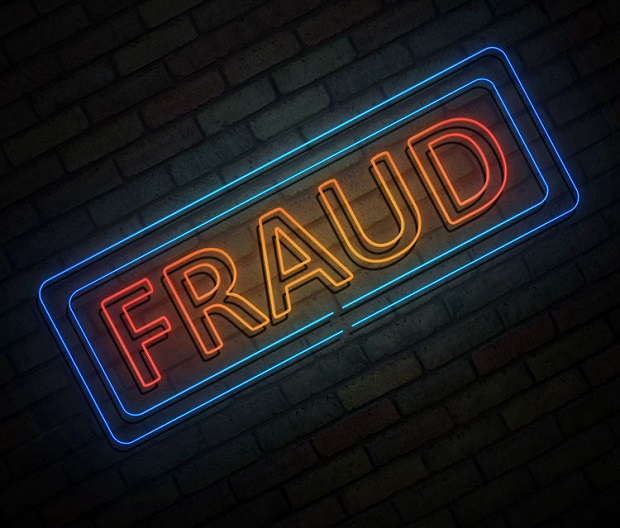
Because of the high number of forged cashier’s checks, the far greater risk of using cashier’s checks rests on the receiver–the payee noted on the cashier’s check, whether cashed or deposited. Often, financial institutions will accept cashier’s checks only if they meet the following criteria:
- The payee has an account in good standing with that institution (without a history of overdraws)
- The account holder holds sufficient funds to cover the amount of the cashier’s check.
While the check cannot be held before payment, immediate reimbursement does not guarantee that the cashier’s check was officially cleared or was not counterfeit. If the bank later discovers that the check was forged, the bank immediately initiates recovery procedures. As preemptive protection, many banks freeze the amount in the payee’s account until the cashier’s check officially clears, sometimes up to ten business days later.
